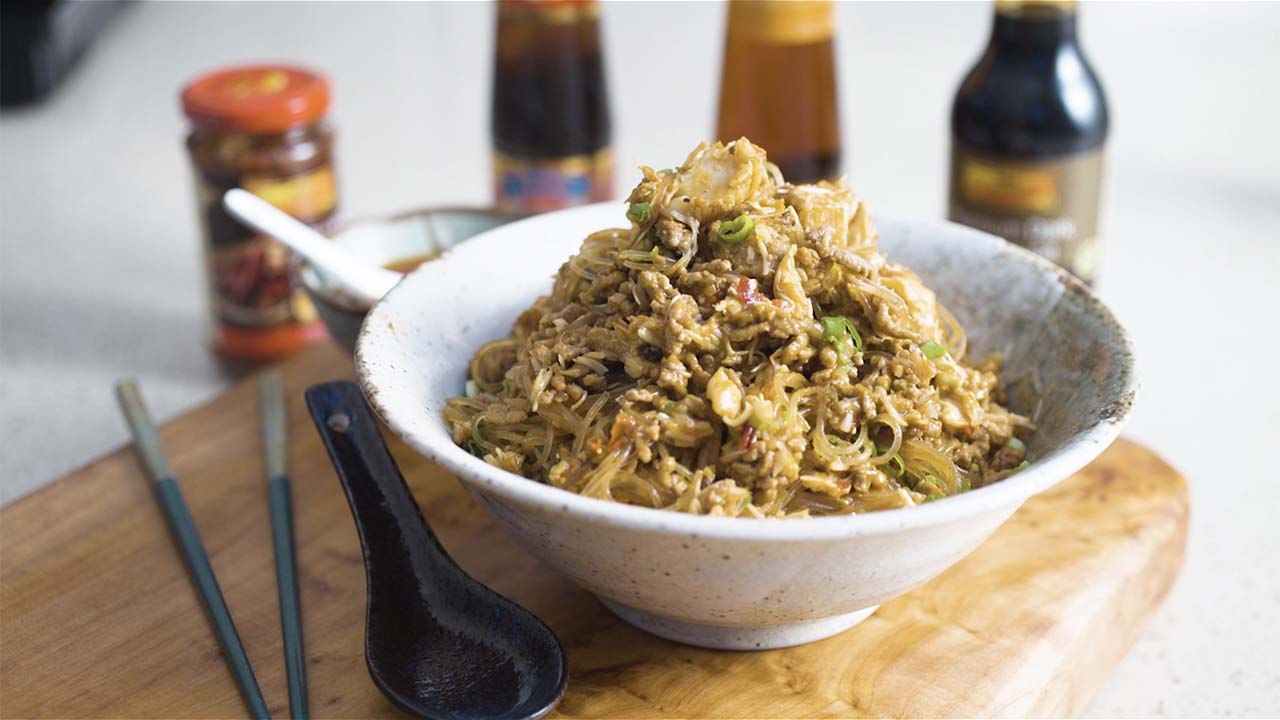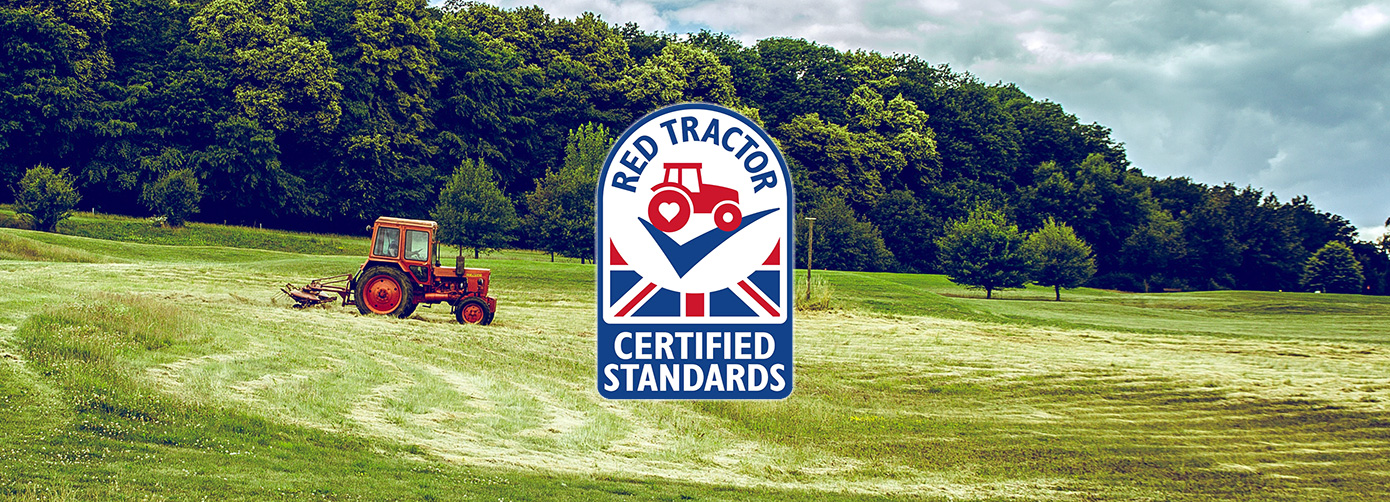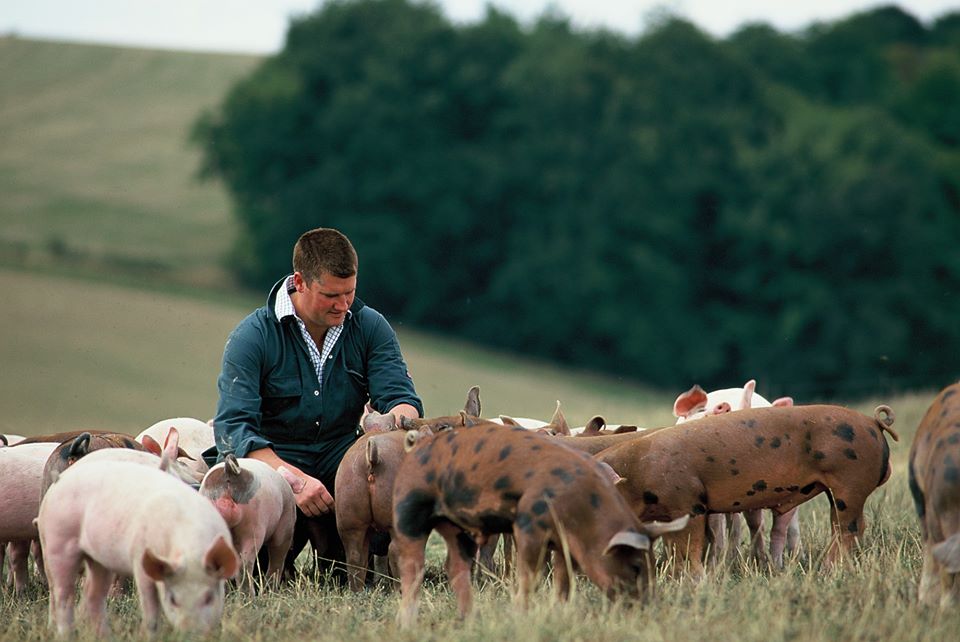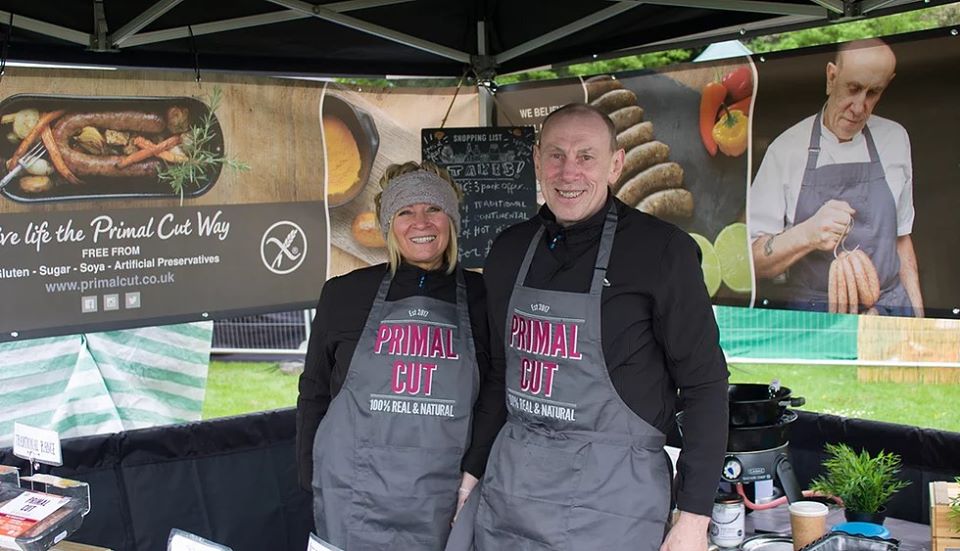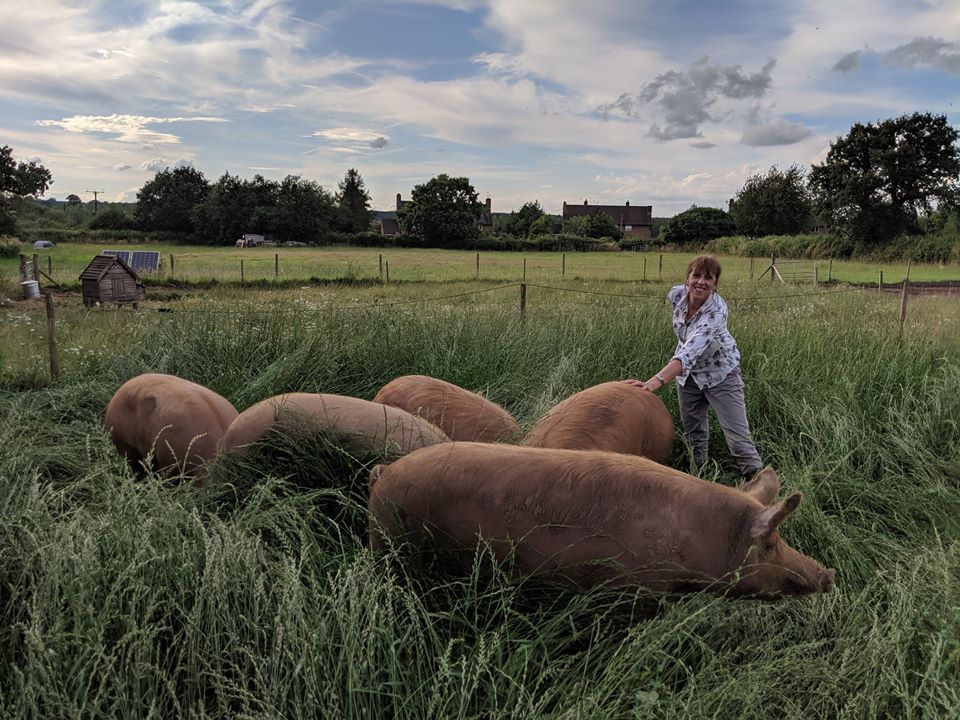Pig breeding since the 1950s has orientated around pigs which produce the best cuts of meat for the lowest cost. As a result, many of our original breeds are dying out or becoming less common than those used in intensive indoor production such as the cross-bred Large White. It is important that we protect and conserve our native and rare breed pigs, keeping diversity within the species through sustainable farming methods.
It is thought that the native pig of the British Isles was a large, lop-eared animal, usually roaming our forests and foraging on acorns and nuts. These were domesticated into backyard farming systems in which pigs were kept in sties and fed on household scraps. In the late eighteenth century, smaller pigs of Asian origin with prick-ears were introduced and mixed with our native pigs, creating all of the native British breeds.[1]
As our attitudes towards how we want our pork have evolved, such as the demand for year-round supply and the perfect fat-to-meat-ratio (including perfect crackling), certain breeds have been selected to meet these demands. Considerable changes occurred in 1955 when big pig producers were advised to focus on the Large White, Landrace and Welsh breeds only.[2]
Sadly, this has resulted in many of our breeds dying out and more than half of existing British pig breeds facing extinction.[3] The decline in pig breeds is being accelerated by the intensive, indoor pig production systems in place today. In systems that depend on uniformity only a few breeds dominate the industry. The ‘perfect pig’ must be able to produce high growth rates with lower feed inputs and survive in overcrowded, stressful and unhealthy animal factories.
We need to support our native pig breeds to halt the extinction of those at risk and to ensure remaining pigs are protected. As each breed is very distinct and reflective of the environment it inhabits, often higher-welfare is promoted just through the good-husbandry practices in keeping them. For example, their wild nature and intense desire to root, roam and forage encourages outdoor breeding. The breed also greatly influences the flavour and characteristics of their meat, giving distinct tastes that are definitely worth sourcing.[4]
The British Pig Association have collated an excellent directory of where to buy Pedigree Pork, ensuring you can support your local farmers of Pedigree breeds. Don’t forget to also check out our online directory of higher-welfare pork, where you’ll find many producers who stock traditional breeds. Support your local and traditional pigs and boycott animal factories!
[1] https://www.rbst.org.uk/pigs-information
[2] http://www.bamfield.eu/rare_breeds.php
Share This Article
Related ArticlesView All
Ching He Huang says #TurnYourNoseUp at Factory Farming
TV chef and food writer Ching He Huang MBE, says #TurnYourNoseUp at factory farming. Her food ethos is to use… Read More
Is Red Tractor High Welfare?
When it comes to buying pork, the Red Tractor label does not offer any assurance that the pigs were raised… Read More
#SaveBritishFarming London March
Yesterday, farmers and activists gathered in London to protest the real prospect of sub-standard imports from the US that would… Read More
Farm Case Study 13: Farmer’s Choice, Hampshire
Jason from Farmer’s Choice Free Range in the South Downs says COVID-19 caused an increased demand that was driven both… Read More
Producer Case Study 12: Primal Cut
Primal Cut are artisan producers that follow Slow Food principles. They promote local food & traditional cooking with free range,… Read More
Farm Case Study 11: Good Life Meat, Staffordshire
Helen Dale & her husband keep rare traditional British breeds of pig at The Good Life Meat Company, which are… Read More

